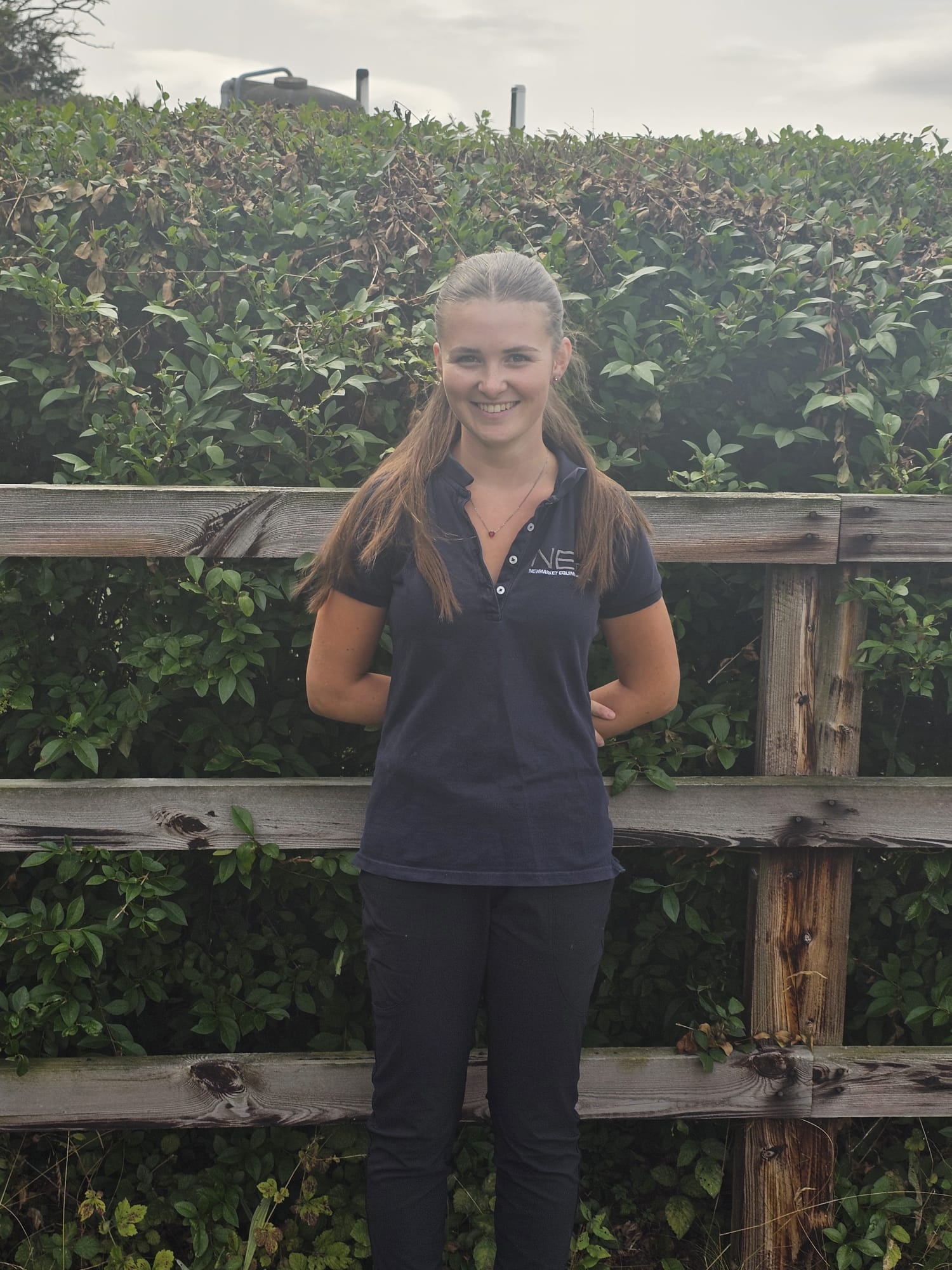The major disciplines in equine soft tissue surgery are abdominal surgery and airway surgery. Other common types of soft tissue surgery include urogenital surgery, and cutaneous (skin) tumour removal.
Dystocia describes difficult foalings. The condition is life-threatening for both the mare and foal. Upon arrival to the hospital the team get to work immediately. Whilst the surgeon makes an initial assessment, the team prepare the mare for general anaesthesia and surgery so that no time is wasted if it is needed to proceed with either. Most mares presenting to the hospital will be anaesthetised and attempts made to deliver the foal. If progress cannot quickly be made, progression to surgery follows for caesarean section. Once the foal is delivered the medicine team work to revive the foal and further assess requirements for ongoing treatment and care.

Laparoscopic surgery describes keyhole surgery of the abdomen. The most common laparoscopic procedures performed at NEH include ovariectomy for removal of abnormal ovaries such as granulosa cell tumours, cryptorchid castration ('rigs') and oviductal prostaglandin treatment. The latter pioneering technique was developed by recently retired NEH vet Huw Neal, along with the Equine Fertility Unit. Most procedures are performed standing using sedation and local anaesthesia.

Laser surgery is a good option for removal of skin tumours, such as sarcoids. Sarcoids are locally invasive, with tumour cells spreading and invading into the tissues surrounding the sarcoid. In addition to removing the sarcoid, any invading cells must also be removed. Laser surgery creates a layer of cell death adjacent to the site of surgical excision, effectively removing any invading cells and thereby reducing the risk of tumour re-growth.
We provide the highest standard of anaesthesia, analgesia and intra-operative care in our equine patients. In order to achieve this, we use modern anaesthetic machines and monitoring equipment and the most up to date anaesthetic techniques available.
Our anaesthesia department is run by a team of four Diplomate Anaesthetists who are specialists in anaesthesia and analgesia and have extensive experience of anaesthetising complex cases. They also provide the training for our intern veterinary surgeons.
We appreciate that use of general anaesthesia brings concerns to horse owners because of perceived risk. We always try to ensure that our clients have an understanding of the anaesthetic procedures to be performed and the level of inherent risk.

BVSc PhD DipECVS DipECEIM FRCVS
BVetMed Dipl. ECVS DEO MRCVS European and RCVS Specialist in Equine Surgery


Will returned to the Newmarket Equine Hospital on completion of his surgical residency to join the referrals team and specialise in equine surgery. In February 2014 Will successfully passed the qualifying examinations of the European College of Veterinary Surgeons, becoming a Diplomate of the college and gaining recognition as a European Specialist in Equine Surgery.
Will has published several papers in peer reviewed scientific journals and presented both nationally and internationally, on subjects including soft tissue injuries to the tarsocrural joint and sinus surgery.
Prior to embarking on his veterinary career Will was a keen event rider, unfortunately Will no longer competes but still finds time to ride.

Matt graduated from Nottingham University Veterinary School in 2011. He then undertook an internship before spending 4 years as an ambulatory vet in a busy equine hospital in Yorkshire. Following this, he completed a surgical Residency at the Royal Veterinary College where he developed a keen interest in both soft tissue and orthopaedic surgery. He joined NEH in 2019. In February 2020 Matt successfully passed the qualifying examinations of the European College of Veterinary Surgeons, becoming a Diplomate of the College and a European Specialist in Equine Surgery.

Matt is a 2001 graduate of the Royal Veterinary College. After graduation he completed an internship at Greenwood Ellis and Partners, before returning to the RVC where he undertook his residency in Equine Surgery. He became a Diplomat of the European College of Veterinary Surgeons in 2007, and has been recognised by the RCVS as a specialist in Equine Surgery since 2008. Matt undertook additional studies resulting in passing the RCVS Diploma in Equine Orthopaedics in 2011. His thesis was on clinical applications of endoscopic techniques in orthopaedic surgery.
Since 2006 Matt has worked as a surgeon at Newmarket Equine Hospital, and in 2021 took on the role of hospital director. He is interested in all areas of equine surgery, but with particular emphasis on orthopaedic surgery, and more specifically arthroscopy and fracture repair.
BVetMed Dipl. ECVS DEO MRCVS European and RCVS Specialist in Equine Surgery
Our Practices
Our Practices

BVSc MRCVS
Jess graduated from the University of Liverpool in 2025 and joined NEH shortly afterwards. Jess is very excited to continue her training at NEH and has a particular interest in surgery and sports medicine.

BSc VetMB MRCVS
Jeremy qualified as a vet in 1998 from Cambridge University having previously done a degree in Animal Science at Nottingham University.
He enjoys all aspects of equine practice, especially sport and leisure horse veterinary work and equine dentistry. He is normally accompanied by his trusty canine companion, Ricky (from Romania) while out on his visit rounds.
He is a keen polo player in his spare time and loves breeding and training young ponies.